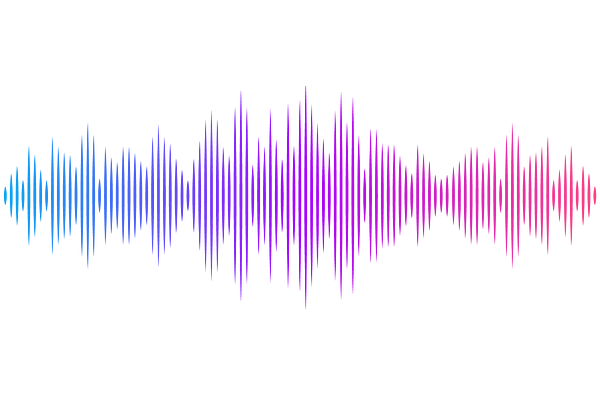A near-tight lower bound on the density of forward sampling schemes

A near-tight lower bound on the density of forward sampling schemes
Kille, B.; Groot Koerkamp, R.; McAdams, D.; Liu, A.; Treangen, T.
AbstractMotivation: Sampling k-mers is a ubiquitous task in sequence analysis algorithms. Sampling schemes such as the often-used random minimizer scheme are particularly appealing as they guarantee that at least one k-mer is selected out of every w consecutive k-mers. Sampling fewer k-mers often leads to an increase in efficiency of downstream methods. Thus, developing schemes that have low density, i.e., have a small proportion of sampled k-mers, is an active area of research. After over a decade of consistent efforts in both decreasing the density of practical schemes and increasing the lower bound on the best possible density, there is still a large gap between the two. Results: We prove a near-tight lower bound on the density of forward sampling schemes, a class of schemes that generalizes minimizer schemes. For small w and k, we find optimal schemes and observe that our bound is tight when k {equiv} 1 (mod w). For large w and k, the bound can be approximated by 1/(w+k){middle dot}{lceil}(w+k)/w{rciel}. Importantly, our lower bound implies that existing schemes are much closer to achieving optimal density than previously known. For example, with the default minimap2 HiFi settings w=19 and k=19, we show that the best known scheme for these parameters, the double decycling-set-based minimizer of Pellow et al., is at most 3% denser than optimal, compared to the previous gap of at most 50%. Furthermore, when k {equiv} 1 (mod w) and {sigma} [->]{infty}, we show that mod-minimizers introduced by Groot Koerkamp and Pibiri achieve optimal density matching our lower bound.